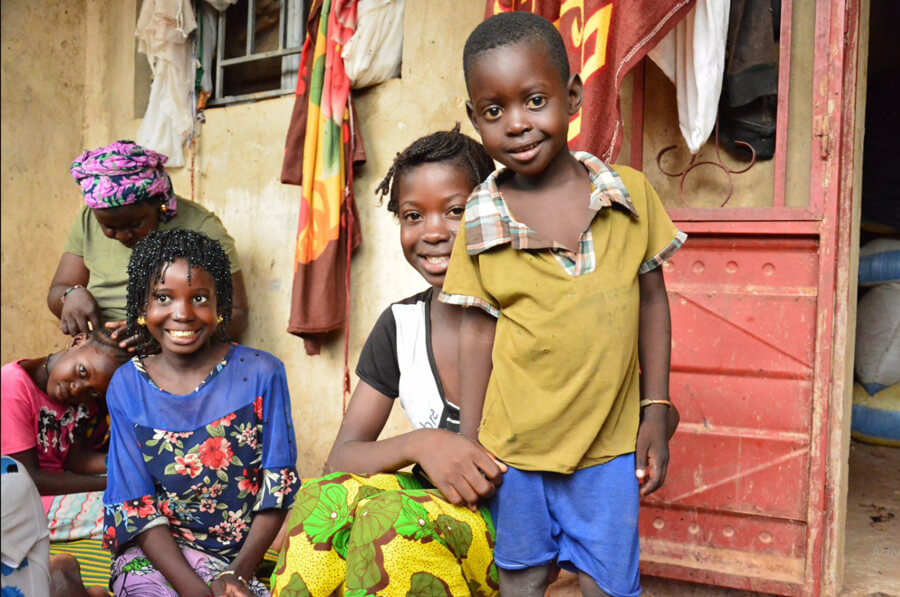
Livelihoods:
A big proportion of the slum population is illiterate and lacks professional and employability skills. Thus, livelihood programs aim to empower young people out of school and their families with vital life skills as well as resources to take up productive livelihoods and employment opportunities. This is done through financial literacy and skills building. The skills include; computer skills, basic book keeping, marketing, tailoring, bakery and pastries and soap making among others.
Advantages
-
 Access to Reproductive Health Services:
Access to Reproductive Health Services:
Education empowers individuals, particularly women and adolescents, to make informed decisions about their reproductive health. By providing information on contraception, family planning, and sexual health, education can improve access to reproductive health services and reduce rates of unintended pregnancies and sexually transmitted infections. -
 Community Health Promotion:
Community Health Promotion:
Education fosters a culture of health promotion within slum communities by empowering individuals to take ownership of their health and advocate for community-wide initiatives. By mobilizing residents to address common health challenges collectively, education can contribute to the overall well-being of the community.
Coin of Poor help Service:
-
 Empowerment for Health Advocacy:
Empowerment for Health Advocacy:
Education empowers individuals to advocate for their health rights and demand better access to healthcare services and facilities in slum areas. By amplifying their voices and mobilizing for change, educated individuals can influence policymakers and stakeholders to prioritize health equity and address the underlying determinants of health. -
 Chronic Disease Management:
Chronic Disease Management:
Education is essential for managing chronic diseases such as diabetes, hypertension, and HIV/AIDS in slum areas. By promoting adherence to treatment regimens, healthy lifestyle choices, and regular monitoring, education can help individuals better manage their chronic conditions and improve their quality of life.

